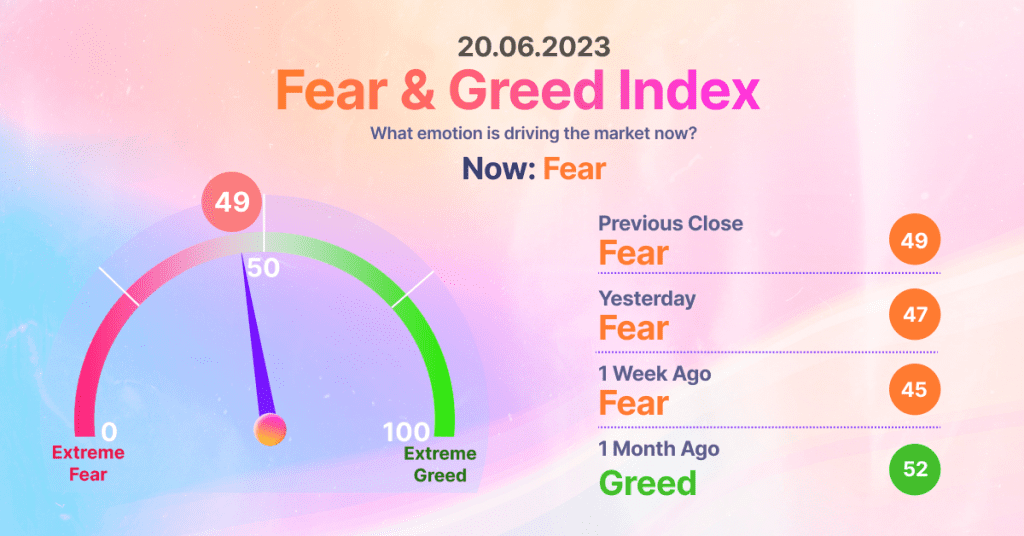Ethereum considering raising developers’ maximum validator limit to 2,048 ETH; The fee that FTX paid to consultants exceeded $121.8 million; BNB Chain introduces Optimism powered Tier-2 testnet!
Ethereum core developers are considering increasing the maximum validator balance from 32 ETH per validator to 2,048 ETH. The proposal was discussed during the most recent Ethereum core developer consensus meeting.
Ethereum’s core developers are considering a proposal that proposes increasing the maximum validator balance from the current 32 ETH to 2,048 ETH per validator. While this recommendation is about an increase in the maximum validator stake, the minimum will remain at 32 ETH.
In its current form, Ethereum validators are subject to an active balance limit set at both a minimum and a maximum of 32 ETH. This forces large-scale staking to create multiple validators if they want to earn a return on a larger amount than that.
This practice has resulted in a huge increase in the number of validators. There are currently 600,000 active validators and 90,000 additional validators waiting to be activated in the queue.
Ethereum Foundation researcher and key advocate of the proposed change, Michael Neuder, said that raising the cap could slow the expansion of the active validator set. He also explained that it could ultimately improve the efficiency of the network in terms of achieving certainty within a single Ethereum slot.
According to Neuder, the proposed increased cap will also introduce the possibility of automatically combining validator rewards. Furthermore, the proposal claims it will address the operational concerns of larger node operators, including exchanges like Coinbase, which currently have tens of thousands of validators due to the limit of 32 ETH available per validator.
The fee that FTX paid to consultants exceeded $121.8 million!
The bankrupt cryptocurrency exchange FTX paid over $120 million to advisors.
Documents submitted by FTX’s advisors showed that the exchange’s payout between February 1 and April 30 reached $121.8 million.
Sullivan & Cromwell attorneys working for FTX received $37.6 million in fees from the exchange for the period in question. This corresponds to about 30.9% of all costs. Investment banking Jefferies, on the other hand, was the group that received the lowest amount, making up 0.6% of the money paid.
Restructuring consultants in Alverez and Marsel billed $37 million. These expenses include food, accommodation and other necessities.
Greg Lim of The Block Research said restructuring consultants were paid more than others, emphasizing that they were “super senior”.
FTX has opened the door to reimburse its customers and restart the boom if necessary.
Travis Kling, chief executive of Ikigai Asset Management, stated that the best way to refund customers is to restart the exchange and allow the exchange to make money again. The Ikigai company housed most of its assets on the FTX exchange.
A phenomenon known in the crypto community as Loomdart believes it’s a good time for FTX to reboot given the current state of Coinbase and Binance.
BNB Chain introduces Optimism powered Tier-2 testnet
BNB Chain, the Tier-1 blockchain founded by Binance, has developed a new solution to scalability issues. BNB Chain has introduced a new Tier-2 chain.
BNB Chain introduced opBNB, which launched as a testnet the other day. The new Tier-2 scaling solution is based on Optimism OP Stack, which it says will add additional security and scalability to the Binance blockchain network.
Blockchains often struggle with network congestion and high fees when network demand increases. BNB Chain also currently charges around 2,000 transactions per second and transaction costs of $0.10.
Now, with the announcement, opBNB will be able to support more than 4,000 transfers per second at an average cost of even less than $0.005.
In addition, opBNB noted that it also allows for data accessibility, optimization of the cache layer, and tuning of the sending process algorithm to allow concurrent transactions. This allows Optimism to increase the gas per block limit from 30 million allowed to 100 million.
However, Binance emphasized that opBNB is a response to the scalability problem that limits the mass adoption of blockchain technology.


